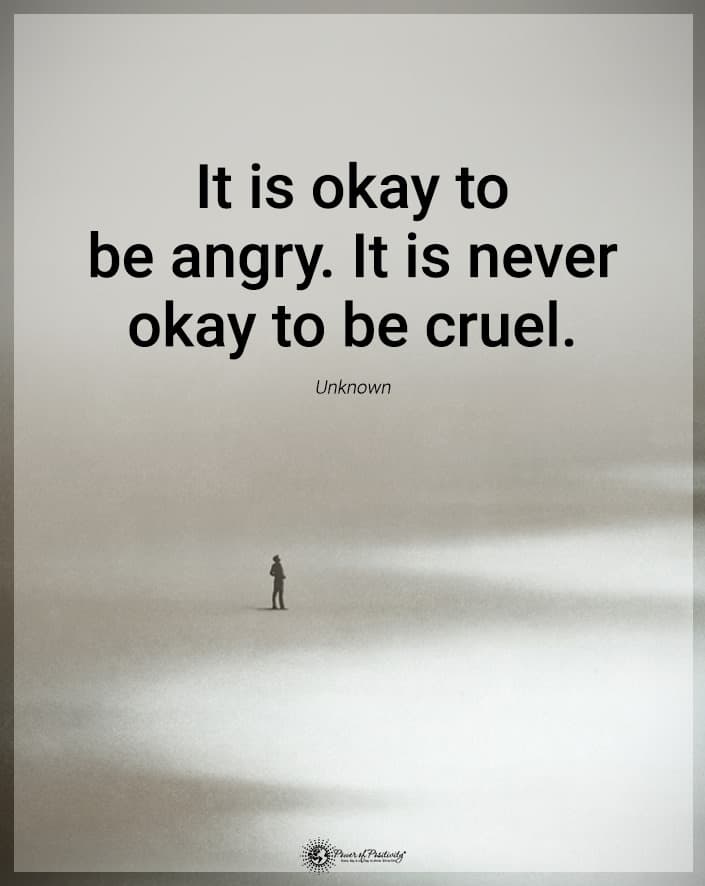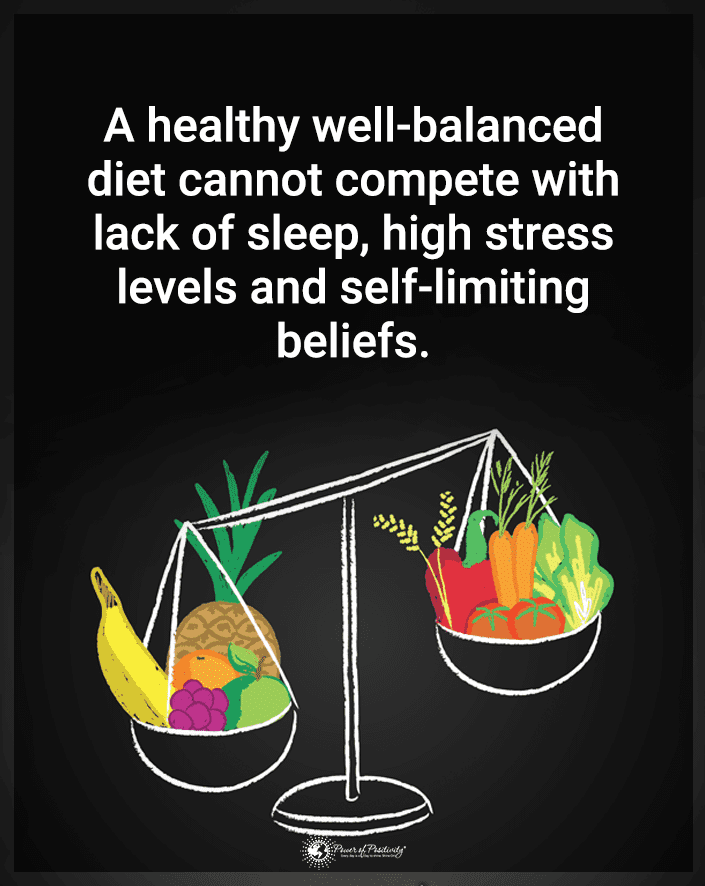We have all experienced a rut in our lives, whether that rut was a relationship we knew was bad for us or going nowhere in a dead end job we couldn’t afford to leave. Some people sacrifice to break out of that rut. They recognize that to stay there is a death sentence for their dreams and desires. For others, though, getting out of that rut or hole is not so easy. But the reasons they remain stuck where they are is painfully obvious to those who have escaped it. They gave up. They accepted their lot in life and blame their lack of movement forward on others. They have not realized that if they want to move forward, they have to push. They have to push themselves to find a way out. They have to push obstacles out of the way and they have to push their own dreams forward.
Here are some reasons why people get stuck in life:
They Accept Their Situation
Some people just accept their lot in life and do nothing to change it. They have been beaten down so much trying to get out that they embrace their situation and give up. They give in to despair and accept the false notion that there is nothing else for them. They find themselves in a hole and they look down at the muck they are standing in rather than up to the freedom of the sky. They can’t see the way out of their situation because they are looking in the wrong direction.
They Become Creatures of Habit
They take solace in their daily routine. It feels safe and secure, something concrete and controllable in a sea of shifting goals and unforeseen catastrophes. It becomes their rhythm of life. They get up, take the kids to school, go to work, go home, eat dinner, watch TV and then hit the sack. Wake up and repeat. Anything that breaks that routine is a danger to their sense of the world. They have their schedule and stick to it meticulously. Because they feel they can’t control anything else in their lives, they revel in the small bit of control they have over their routine.
They Avoid Risk
Risk means the potential for failure, and failure is painful. People who are stuck are afraid of being hurt. They are afraid of failing. If you don’t try, then you never fail, right? And if you never fail, then you won’t get hurt. Or so the thinking goes. They have no idea they have imprisoned themselves in their own safe cocoon. They never get hurt, but they never really live, do they?
They Take Things For Granted
Some opportunities are once in a lifetime, but to someone stuck in a rut, they think the same opportunity will roll by again right on schedule. They take for granted that if you want to get yourself unstuck, you need to seize that opportunity while you have the chance. They take their loved ones for granted because they will always be there, right? No matter what they do, they think their daily routine will never deviate. They take life for granted. Life is as ephemeral as smoke. You have to stoke the fire and feed it if you want to feel its warmth.
They Give Up Their Dreams
It is easier to give up on your dreams than to fight for them. People who are stuck in life gave up on their dreams as impossible. Whenever they met the first shred of resistance, they quit. It is too hard for them. If you want to escape, then aspire to be more better than you are. Be more, reach for more and don’t stop trying to achieve it.
Related article: 5 Things Passionate People Do Differently
They Avoid Responsibility For Their Own Happiness
They are victims. Everything happens to them. They have not realized that in life, things happen because of you and your decisions. Yes, there are unforeseen circumstances, but those variables can be accounted for and planned against. People that are stuck fail to realize that their happiness is their own responsibility. They are guaranteed the pursuit of happiness and not happiness itself. The founders understood that happiness is self-generated and cannot be given to anyone from the outside. Happiness flows from within. You are responsible for your own happiness. If you are not happy, it is up to you to break yourself out of your rut and go searching for it.












